The views expressed in our content reflect individual perspectives and do not represent the authoritative views of the Baha'i Faith.
We’ve come to the final essay in this series, which recounts my search for God after losing my belief in a Creator. I discovered my answers in the teachings of the Baha’i Faith, and I became a Baha’i. I accepted the Baha’i teachings not only because of their inspirational and spiritually-uplifting embrace; not only because of the progressive social principles they embody; not only because of the warm, wonderful, worldwide Baha’i community — but because I didn’t have to give up my intellectual and scientific reality to accept them. They gave me answers that satisfied my soul and my mind. Those answers have sustained me, fortified me and given me a tremendous amount of hope ever since.
In the Baha’i teachings, I found a God I could believe in – a kind and loving Creator who has sent us divinely-inspired educators, messengers and prophets throughout history, all linked together in a great unified chain of being. When I turned to the Baha’i writings, the Creator I encountered there filled my soul with a sense of well-being, gratitude and gentle guidance. Most importantly for me, I learned that the Baha’i Faith did not require me to suspend my intellect or deny my curiosity or believe in something my mind could not accept – instead, it encouraged me to believe in science and religion together, in a united and mutually-supportive synergy. The Baha’i teachings challenged me both spiritually and intellectually, in a way nothing else ever had before.
This 1912 Chicago talk from Abdu’l-Baha on God and creation, which the last two installments of our series have reprinted and we end with here, epitomizes that logical and rational Baha’i approach to spirituality that I came to believe and love:
And now consider this infinite universe. Is it possible that it could have been created without a Creator? Or that the Creator and cause of this infinite congeries of worlds should be without intelligence? Is the idea tenable that the Creator has no comprehension of what is manifested in creation? Man, the creature, has volition and certain virtues. Is it possible that his Creator is deprived of these? A child could not accept this belief and statement. It is perfectly evident that man did not create himself and that he cannot do so. How could man of his own weakness create such a mighty being? Therefore, the Creator of man must be more perfect and powerful than man. If the creative cause of man be simply on the same level with man, then man himself should be able to create, whereas we know very well that we cannot create even our own likeness. Therefore, the Creator of man must be endowed with superlative intelligence and power in all points that creation involves and implies. We are weak; He is mighty, because, were He not mighty, He could not have created us. We are ignorant; He is wise. We are poor; He is rich. Otherwise, He would have been incapable of our creation.
Among the proofs of the existence of a divine power is this: that things are often known by their opposites. Were it not for darkness, light could not be sensed. Were it not for death, life could not be known. If ignorance did not exist, knowledge would not be a reality. It is necessary that each should exist in order that the other should have reality. Night and day must be in order that each may be distinguished. Night itself is an indication and evidence of day which follows, and day itself indicates the coming night. Unless night were a reality, there could not be day. Were it not for death, there could be no life. Things are known by their opposites.
Therefore, our weakness is an evidence that there is might; our ignorance proves the reality of knowledge; our need is an indication of supply and wealth. Were it not for wealth, this need would not exist; were it not for knowledge, ignorance would be unknown; were it not for power, there would be no impotence. In other words, demand and supply is the law, and undoubtedly all virtues have a center and source. That source is God, from Whom all these bounties emanate. – Abdu’l-Baha, The Promulgation of Universal Peace, pp. 79-83.


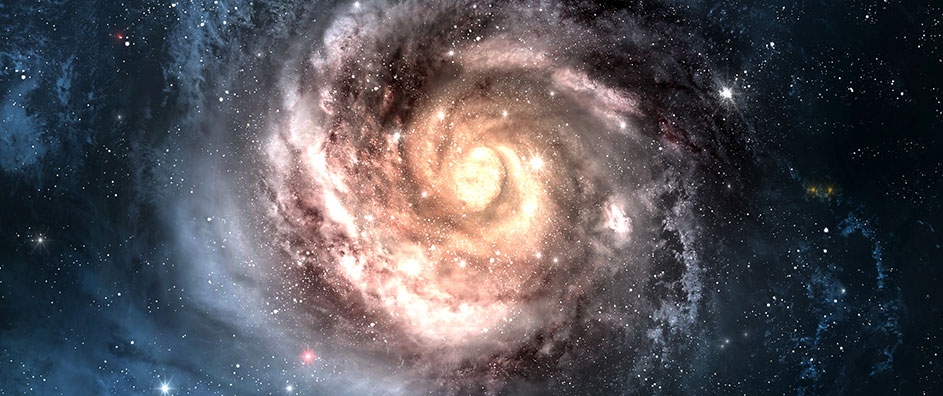
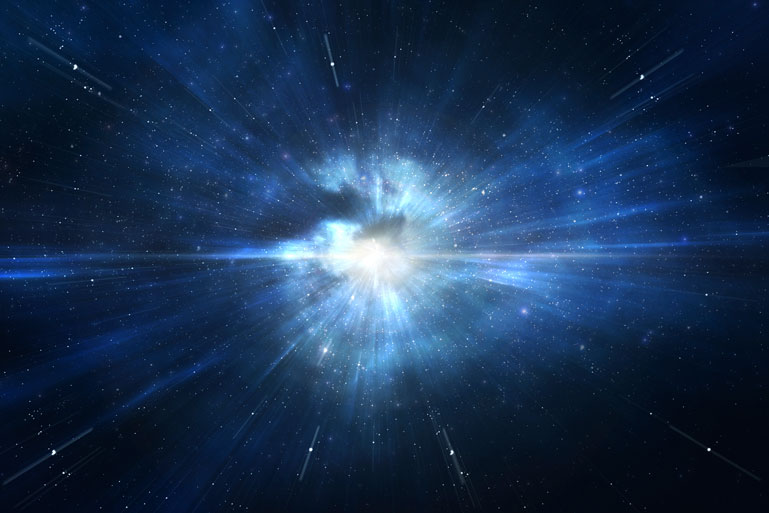

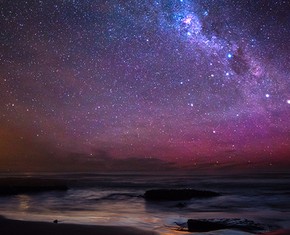








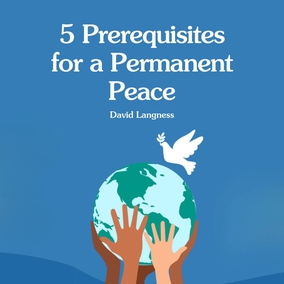
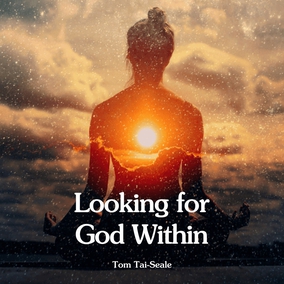

Comments
Sign in or create an account
Continue with Googleor